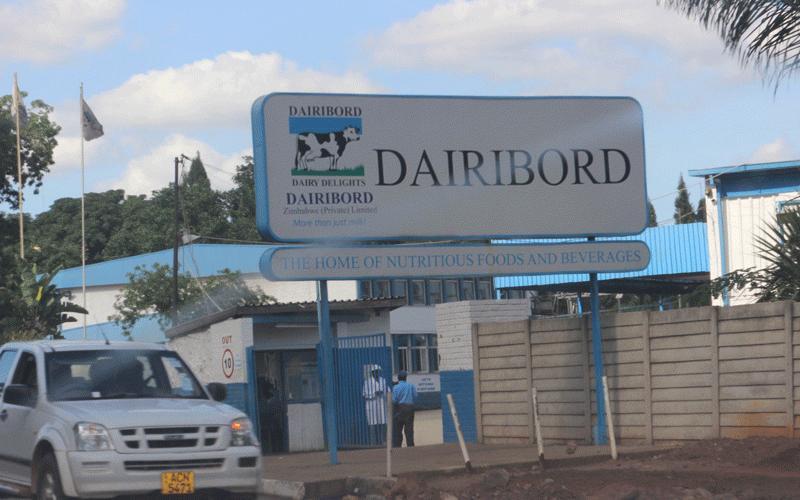Africa-Press – Zimbabwe. DAIRY producer, Dairibord Holdings Limited (Dairibord) has reported an erratic supply of utilities during the first quarter of 2025, resulting in the company using expensive alternatives for power and water, causing increased operating costs.
Over the years, there has been a steady decline in the delivery of utility services such as power and water owing to limited funding to keep these utilities supporting growing demand.
Consequently, firms continue to experience an increase in costs, looking for alternatives, which is especially true for companies such as Dairibord, which produce perishable products.
“The operating environment continued to present significant challenges during the quarter under review. Principal among these were constrained liquidity and cost-push pressures,” Dairibord said in its trading update for the period ended March 31, 2025.
“The erratic supply of utilities further compounded these challenges, requiring the use of expensive alternatives for power and water, thereby contributing to the escalation in operating costs.”
The company added: “Additionally, sustained pricing distortions continued to exert considerable pressure on the formal retail channel, necessitating a strategic shift requiring agility and adaptation to evolving route-to-market dynamics.”
Owing to the challenging operating environment, during the period under review, Dairibord aimed its investments at scaling up production across various product lines.
Consequently, this delivered volume growth during the reporting period, as these efforts enhanced product supply.
“Consolidated sales volumes for the period grew by 14%. The beverages category exhibited a 24% growth for the quarter, underpinned by strong performance from Pfuko maheu and Quickbrew tea,” Dairibord said.
“Foods also gained momentum, growing by 19% anchored by yoghurts and Robroy tomato sauce.
“In contrast, liquid milk declined by 6% compared to the first quarter of 2024, due to production disruptions at the Steri Milk plant and the allocation of milk towards yoghurt production, which positively impacted the latter’s growth.”
The firm noted that beverages accounted for 66% of the total volume sold, followed by liquid milk at 25% and foods at 9%.
Dairibord also recorded an increase in its foreign currency generation as export volumes rose 36% year-on-year.
In February, it was revealed that Dairibord was expanding its production capabilities to regional markets to optimise and maximise its export earning potential.
The firm’s South African toll manufacturing plant has already increased production of one of its mainstay products, Steri Milk, regionally.
“Revenue for the quarter reached US$31,3 million, on 18% increase over the same period last year, reflecting the combined effect of volume growth and a favourable product mix,” Dairibord said.
“The share of sales volumes denominated in United States dollars increased from 85% to 95% year-on-year.”
Dairibord said the growth momentum was expected to continue into the second quarter, supported by consistent product supply resulting from enhanced capacity across key brands.
“The group will continue to prioritise cost management and positive cash generation to strengthen financial performance,” Dairibord said.
For More News And Analysis About Zimbabwe Follow Africa-Press






